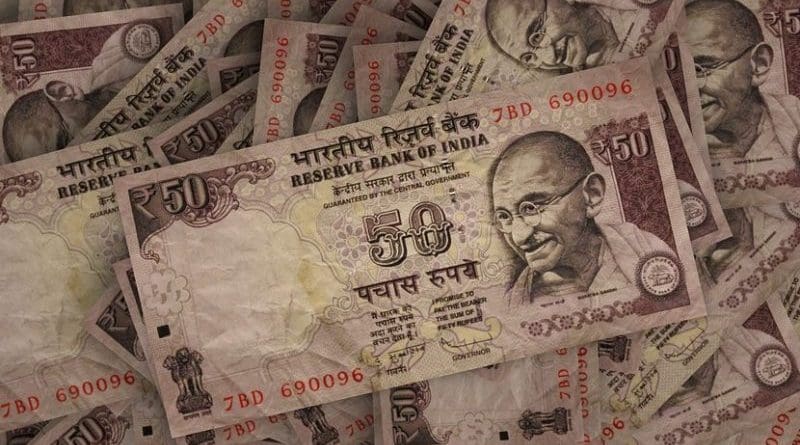India: Why Not One Five-Year Budget Instead Of An Annual One? – OpEd
Year after year, national budget is presented in India with much fanfare. The budget would be preceded by National Economic Survey Report which largely reflects the views of the Government of India. The report, of course, contain extensive data and figures and then conclude with “prediction” of GDP growth for the coming year.
While some students of economics may study the economic survey report carefully, most section of media and general public only read and discuss about the broad statements in the report and little attention is paid to details.
The national budget which follows the economic survey report is now like a festival occasion in India. The budget is preceded by discussions in media about the views, preference and expectations of citizens and some professionals. The budget would be followed by discussions for a few days and then everything would fade from memory, as far as media and people are concerned.
After all, what does the annual budget contain?
The annual budget rises or lowers taxes with regard to various activities and contains proposals for spending in various schemes and projects and likely income for the government as well as the likely deficit and surplus.
The budget by itself is only an expenditure income plan and nothing more than that.
It has been a matter of routine exercise that the budget proposals would be appreciated by the ruling parties and criticized by the opposition parties and differing views would be expressed by critics depending upon their thought process and prejudices. All these discussions leave the citizens confused.
It has been observed in the past that the budget proposals are not considered sacrosanct by the government and on many occasions, expenditures are incurred by the government on various schemes, which have not been discussed in the budget. Money for such schemes would be found by divesting the resources that are meant for some other schemes , as mentioned and approved in the budget.
While discussing about the new budget in the media, there is little discussion about how the proposals of earlier budgets were adhered to. There is no worthwhile follow up scrutiny by the media about the level of expenditures incurred on various schemes and whether they fall as per the proposal in the budget.
Many seem to think that budget proposals are the be all and end all of economic and development process. On the other hand, what is important is how efficiently the resources are spent and whether the achievements are on the expected and targeted lines as indicated in the budget.
In short, one gets an impression that the budget discussions are carried out in vacuum with no link between the previous budgets and the present budget.
One wonders as to whether the annual budget is necessary at all.
An elected government in India stays in power for five years and it would be appropriate to have one budget for full five years to be presented to parliament in one stroke at the beginning of the five year term of the government. Then, year on year, the progress of implementation of budget proposals can be discussed in the parliament and vote taken on the views of the members of parliament.
This would certainly help in keeping the government on the toes and provide opportunity for purposeful discussions in the media and parliament.
The present pattern of yearly budget appears to be a wasteful exercise, as the proposal for budget period is for only one year and any meaningful progress in one year in large national schemes is not possible to achieve, as several large infrastructure projects and other reform proposals need long gestation time to achieve the intended results and evaluate the results with clarity and understanding.
It also should be kept in view that the annual budget clearly destabilizes the economy, as year on year proposals vary considerably and tax structures are disrupted on annual basis, resulting in lack of continuity in the government’s expenditure income plan.

